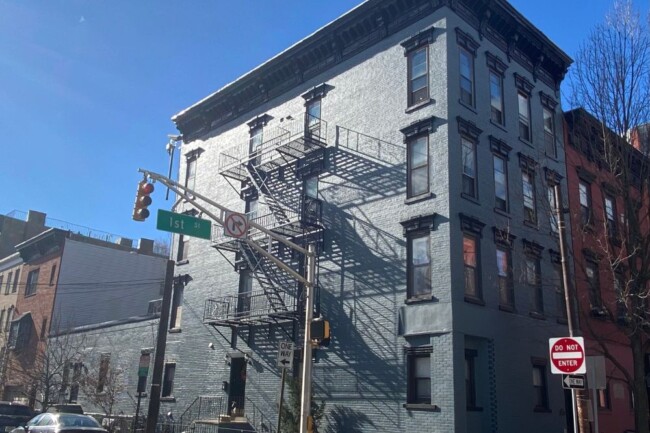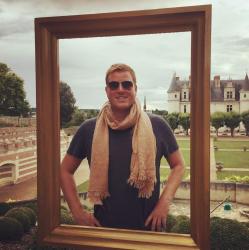During the heart of the Civil Rights and Feminist Movements, Hoboken had one of the hottest Black-owned night clubs — co-owned and managed by a strong, female proprietor. Dorothy Blackwell McNeil and her husband Charles McNeil ran Club Zanzibar, which hosted some of the most outstanding R+B, funk, doo-wop, and soul acts from 1961-1981. Apollo entertainers and future Rock + Roll Hall of Famers all came to Hoboken to perform. Read on for more about Club Zanzibar’s history in Hoboken.
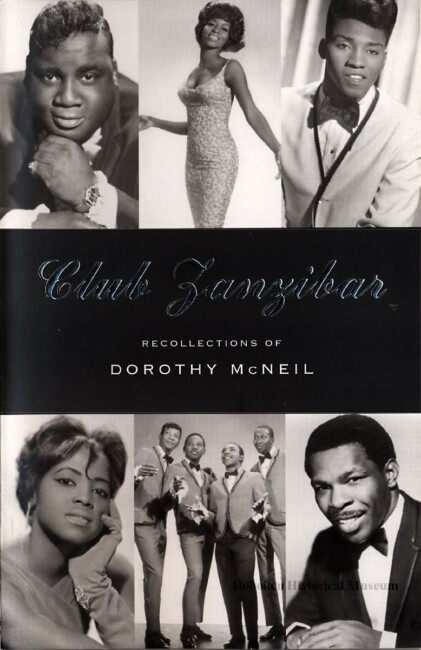
(Photo credit: Hoboken Historical Museum)
Club Zanzibar was first opened in 1961 by James Smith (Zimp) and Charles McNeil at 601 1st Street, on the corner of 1st and Monroe. The building had been used as a club where Frank Sinatra sang when he first began performing. Then, before he became mayor, Steve Cappiello worked as a security officer at Club Zanzibar in the late 60s.
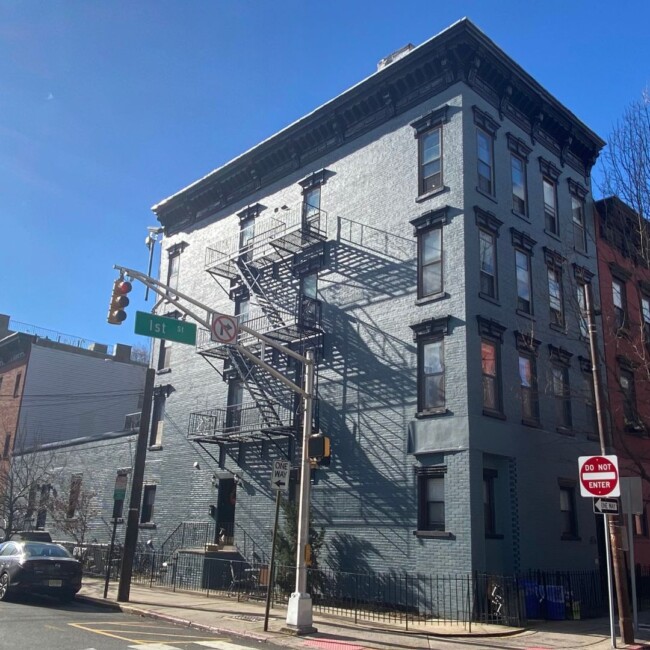
Charles bought out Zimp, and with Charles’ connections to promoters, they were able to secure a steady stream of prolific entertainers at the club. Dorothy emphasized, “The Zanzibar acts all had to have a hit record.”
Read More: This JC Bar Inspired Moe’s Tavern on The Simpsons
The Club
Club Zanzibar had two main draws which separated it from all other bars. Whereas Jersey City, Union City, and many New York City bars closed at 2AM, Hoboken bars closed at 3AM. Secondly, in the 1960s, women were not allowed to sit at a bar, but they were allowed to attend dance halls. These two allowances distinguished Club Zanzibar from all other bars in the area and made it especially popular for performers. Dorothy recalled, “Promoters are always looking to put their acts in more than one location. So the acts would leave the Apollo and come to the Zanzibar. We had everybody there.”
Performers at Club Zanzibar
Wilson Pickett
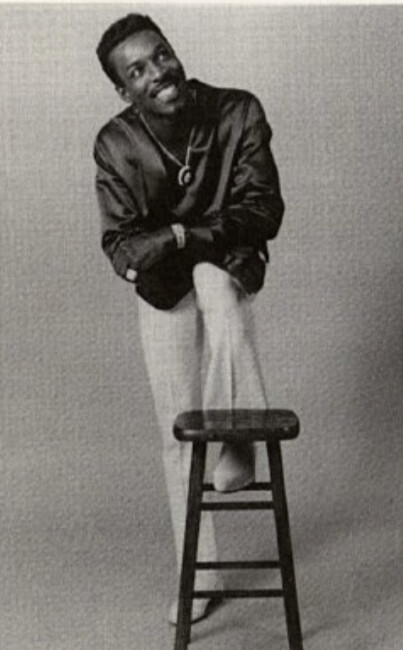
(Photo credit: Hoboken Historical Museum)
Wilson Pickett is remembered as one of the greatest soul singers of all time, and he even helped develop the genre. He performed many of his hits at Club Zanzibar, including: “In the Midnight Hour,” “Land of a Thousand Dances,” “634-5789,” and “Mustang Sally.”
Millie Jackson
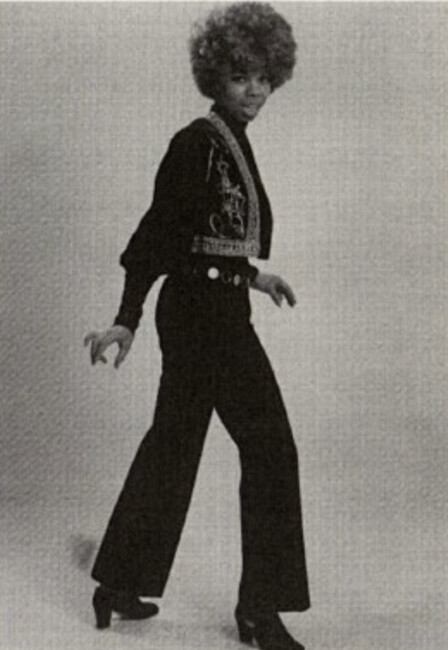
(Photo credit: Hoboken Historical Museum)
Millie Jackson started her career at Club Zanzibar. With spoken word monologues performed over music, she’s been hailed as the “mother of hip-hop” and many consider Millie an early progenitor of rap — therefore Hoboken can be considered one of the many crucibles of rap within the NYC area.
The Manhattan Transfer
The Manhattan Transfer is a Grammy award-winning vocal group founded in 1969 which explores a cappella, swing, standards, jazz, R+B, and pop music. Their 1977 recording of “Chanson D’Amour” was an international hit, reaching #1 in the UK. Interestingly, their performance of “Boy from New York City” won them the 1981 Grammy Award for Best Pop Performance By A Duo Or Group With Vocal, but was first recorded by the Ad Libs in 1964 (who also performed at Club Zanzibar).
Kool + the Gang
Kool + the Gang was formed in 1964 by a group of friends who attended Lincoln High School (in Jersey City). The group would go on to become one of the quintessential funk bands of all time.
“We were their practice studio” Dorothy recalled. “They would put those songs together in the back of the Zanzibar, mid-‘70s. That ‘Jungle Boogie’ album was worked on in the back of the Zanzibar.”
The Ad Libs
The Ad Libs were a doo-wop band from Bayonne, whose 1965 single, “The Boy From New York City,” reached #8 on the U.S. Billboard Hot 100.
The Drifters
The Drifters were a doo-wop and R+B/Soul vocal group initially started in 1955. The group famously included Ben E. King from 1958 to 1960, but Ben left the group before performing at Club Zanzibar. Due to low pay, the Drifters had several iterations, beginning in the 1950s, changing personnel in the 1960s. Still, they would have performed their 1964 hit “Under the Boardwalk” at Club Zanzibar, along with many of their other hits like “Money Honey,” “There Goes My Baby,” and “Save the Last Dance for Me.” During their tumultuous time, they even performed under the name “The Coasters” at Club Zanzibar.
The Coasters – the originals.
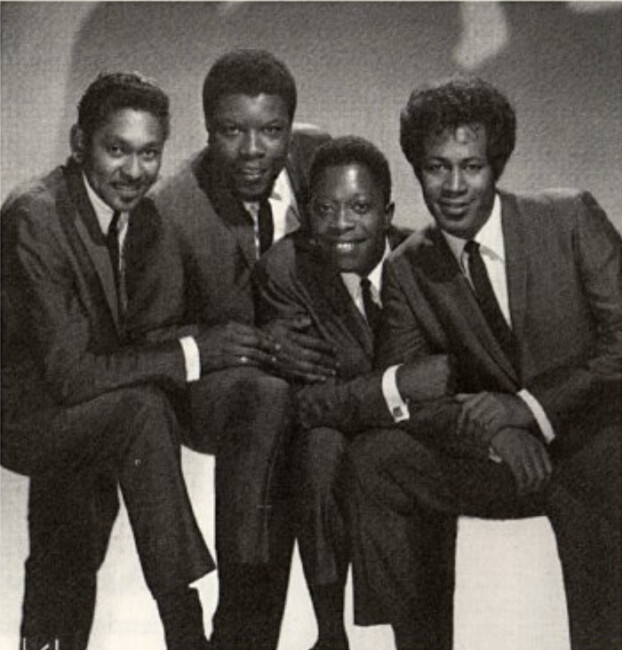
(Photo credit: Hoboken Historical Museum)
The Coasters were the first vocal group to be inducted into the Rock + Roll Hall of Fame. A pioneering R+B and Rock + Roll group, the Coasters began outside of mainstream doo-wop, but frequent imitation made them an important part of doo-wop legacy throughout the 1960s.
Rufus Thomas
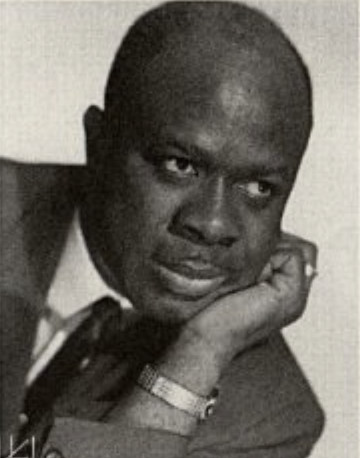
(Photo credit: Hoboken Historical Museum)
Rufus Thomas was an R+B, funk, soul, and blues singer songwriter, dancer, and DJ from Memphis, Tennessee, who was frequently billed as “The World’s Oldest Teenager.” Dorothy explained that “[Rufus was] known for his fancy footwork on stage at the Zanzibar.” Incidentally, he was the father of Carla Thomas whose song “B-A-B-Y” has become a classic.
The Limelites
This doo-wop trio sang “Daddy’s Home” which charted at #2 on Billboard’s popular music chart in 1961. Interestingly, this song (along with others written by The Limelites’ James Sheppard) became important in music history as Rock + Roll’s first “song cycle,” or a series of songs performed together to create a narrative arch to tell a story.
Gladys Knight
According to Dorothy, Gladys Knight was supposed to play at Club Zanzibar when that very night Gladys went into labor: “Gladys Knight did not make it. The night that Gladys was supposed to show, we got a telegram from the hospital. She was pregnant. She was coming, but she actually went into labor with her daughter, Kenya, on the night she was to appear at the Zanzibar.”
See More: A List of Black-Owned Businesses to Support in Montclair + Bloomfield
Supporting Black Businesses
Club Zanzibar not only brought the best music America had to offer to Hoboken, it also served as an important example of the attention and deliberateness of using one’s dollar to help empower local populations, especially black businesses. Dorothy explains:
“We were very close. And [the black bars] had all kinds of interaction with each other. In the black bars, we used to do what was called the round-robins, which means that this week I’m at your spot, and I have to spend X-amount of dollars. Next week — we’d go to different spots. So each bar owner or his representative — say if there were ten members in the association, and the fee was $100, you knew that night you were going to make $1,000, so that was automatic. To stay in the association, you never spent less than that $100. You quite frequently spent much more, because the bar owners were all — you know, they were bar owners, so they’d want to outdo everybody else.”
You can continue the effort to find and support local black-owned businesses here.
Additional information can be found within The Hoboken Historical Museum’s chapbook, Club Zanzibar: Recollections of Dorothy McNeil, which was used as a source for this article.

